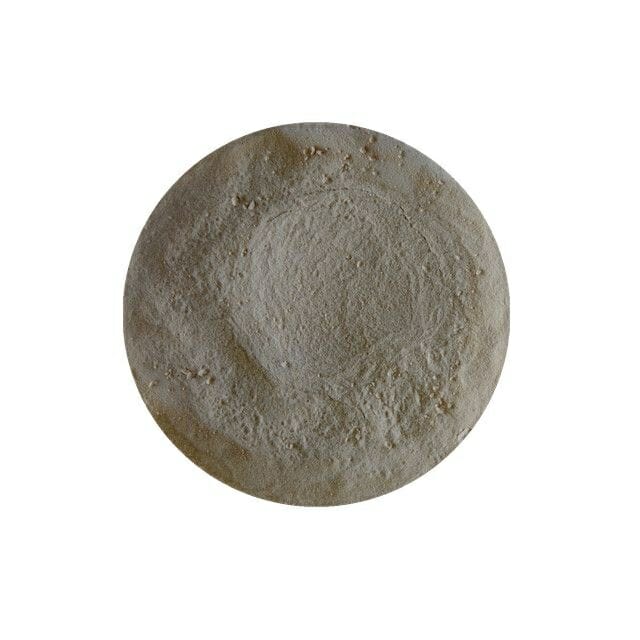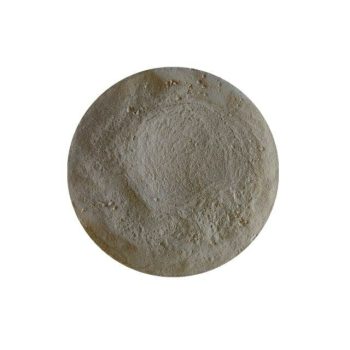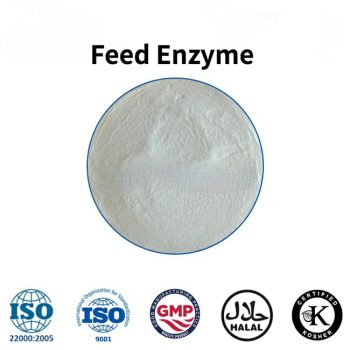Feed Additive Complex Enzymes For Broiler
Introduction
Complex Feed Enzymes (SFQ-081) are designed according to the characteristics of poultry’s (broiler, layer, or duck) digestive system and the nutrition of their feedstuff through biological tests. Each enzyme is made from excellent strains through liquid deep fermentation and extraction technology. The functions of Complex Feed Enzymes are as follows:
- It can supplement the endogenous enzymes of poultry to improve their antiviral ability (or anti-stress ability) and accelerate poultry’s growth rate.
- It can eliminate the anti-nutritional factors in feedstuff and reduce the viscosity of chyme in poultry’s digestive tract, so as to improve poultry’s absorption of nutrition and increase the digestive rate of feedstuff.
- It can increase the energy efficiency of feedstuff and decrease cost.
- It can decrease the content of N in poultry’s dejecta, improve their living environment, and avoid epidemic disease.
- It can destroy plant cell wall, release the cell content adequately, and improve the feedstuff utilization.
Enzyme Composition Unit (U/G)
| Ingredient | Activity SFQ-081 (U/G) | Ingredient | Activity SFQ-081 (G/G) |
| Cellulase (in CMCase) | ≥50 | Alpha-amylase | ≥50 |
| Xylanase | ≥1,000 | Glucoamylase | ≥2,400 |
| β-Glucanase | ≥250 | Pectinase | ≥380 |
| Acid protease | ≥1,500 | Mannanase | ≥10 |
| Neutral protease | ≥1,500 |
Dosage
0.3-0.5 kg per ton of feedstuff.
This product is applicable to livestock and poultry’s (broiler, layer, or duck) feedstuff. It should be mixed with feedstuff enough. Suggest mixing this product with a small quantity of feedstuff firstly, then mix with a large quantity of feedstuff for direct feeding.
Package
1 kg / bag.
Storage
This product should be stored in a cool and dry place in a sealed container, avoiding insolation, high temperature, and damp.
Shelf Life
12 months in a cool and dry place. 24 months in a dry place at 5~15℃.
Safety
Enzyme preparations belong to protein, which may induce sensitization and cause allergic-type reactions in sensitized individuals. Prolonged contact may cause minor irritation for skin, eyes, or nasal mucosa, so any direct contiguity with the human body should be avoided. If irritation or allergic response for skin or eyes develops, consult a doctor.





